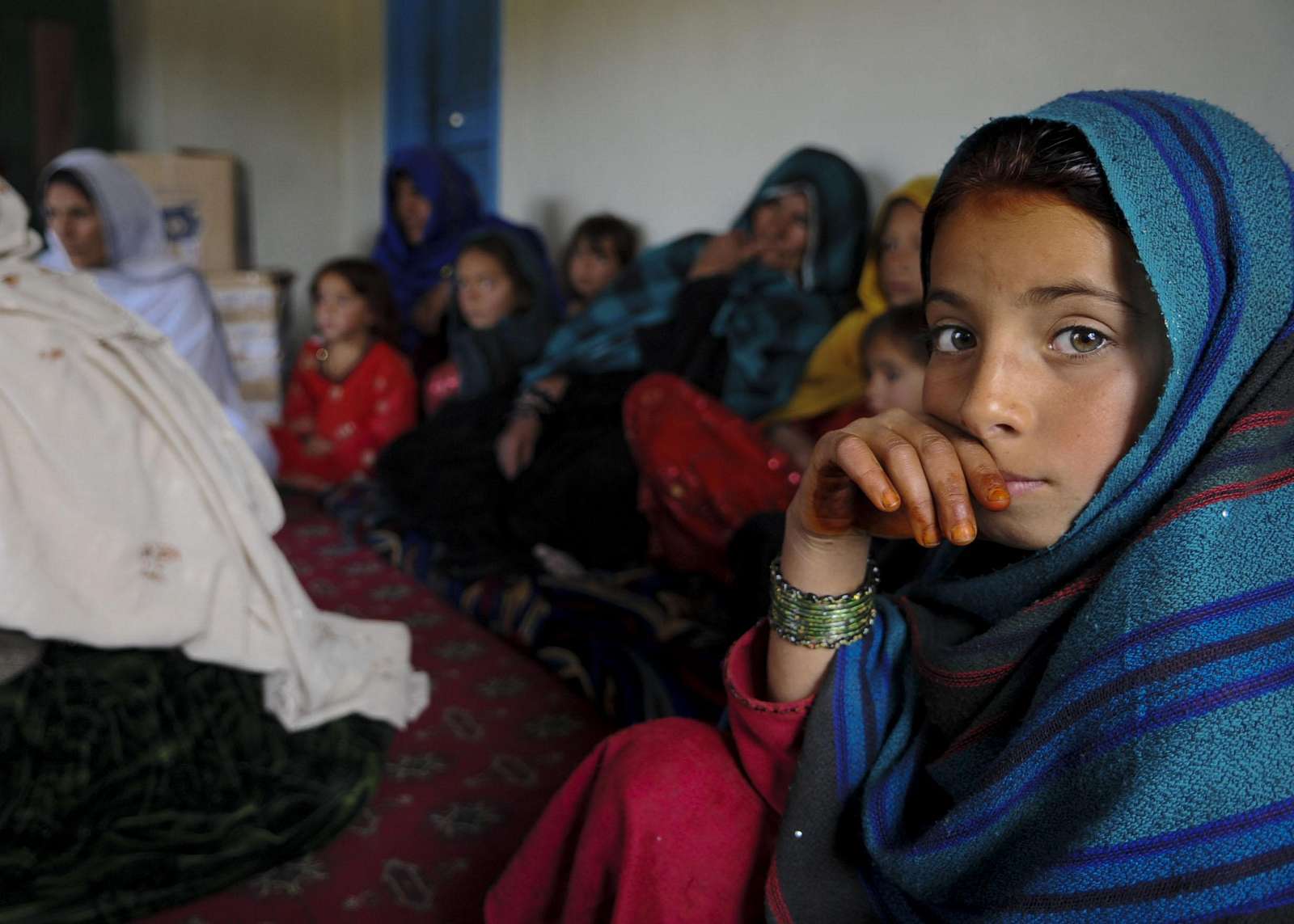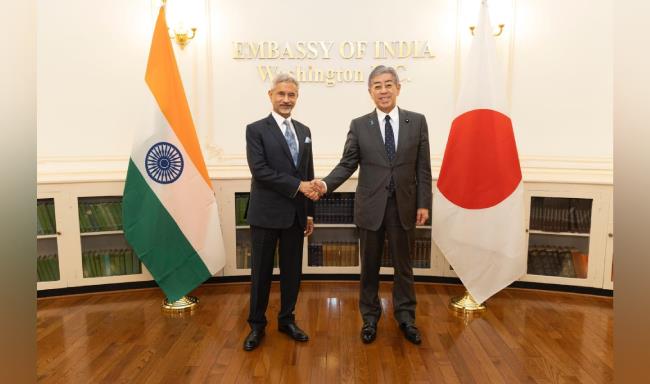Taliban says women banned from universities in Afghanistan

NEW DELHI: Afghanistan's Taliban rulers banned university education for women nationwide, as the hardline Islamists continue to crush their right to education and freedom.
Despite promising a softer rule when they seized power last year, the Taliban have ratcheted up restrictions on all aspects of women's lives, ignoring international outrage.
"You all are informed to immediately implement the mentioned order of suspending the education of females until further notice," said a letter issued to all government and private universities, signed by Minister for Higher Education Neda Mohammad Nadeem.
The ban further restricts women's education - girls have already been excluded from secondary schools since the Taliban returned last year.
Some women staged protests in the capital Kabul on Wednesday.
Despite initially promising a more moderate rule and women's and minority rights, the Taliban have widely implemented their harsh interpretation of Islamic law or Sharia.
They have banned girls from middle school and high school, restricted women from most employment and ordered them to wear head-to-toe clothing in public. Women are also banned from parks and gyms.
UN Human Rights High Commissioner Volker Türk described the ban as “another appalling and cruel blow to the rights of Afghan women and girls and a deeply regrettable setback for the entire country”.
Reminding that their systematic exclusion from virtually all aspects of life is “unparalleled in the world”, he upheld that banning women from tertiary education is “all the more heart-breaking” when considering their vital contributions over the years.
“Coming on top of girls being barred from attending secondary school, just think of all the female doctors, lawyers and teachers who have been, and who will be, lost to the development of the country”, said the senior UN official.
He stated that suspending women from tertiary and higher education is in “clear violation” of Afghanistan’s obligations under international law, adding that their rights to access all levels of education without discrimination are “fundamental and unquestionable”.
Women have also been pushed out of many government jobs -- or are being paid a slashed salary to stay at home. They are also barred from traveling without a male relative and must cover up outside of the home, ideally with a burqa.
The international community has made the right to education for all women a sticking point in negotiations over aid and recognition of the Taliban regime.
"The international community has not and will not forget Afghan women and girls," the UN Security Council said in a statement in September.
In the 20 years between the Taliban's two reigns, girls were allowed to go to school and women were able to seek employment in all sectors, though the country remained socially conservative.
The authorities have also returned to public floggings and executions of men and women in recent weeks as they implement an extreme interpretation of Islamic sharia law.
An economic crisis in Afghanistan has only worsened since the Taliban returned to power following the hasty withdrawal of US-led foreign forces last August.
Washington froze $7 billion of Afghanistan's assets held in the United States while billions in foreign aid that helped prop up the country have been vastly reduced.











